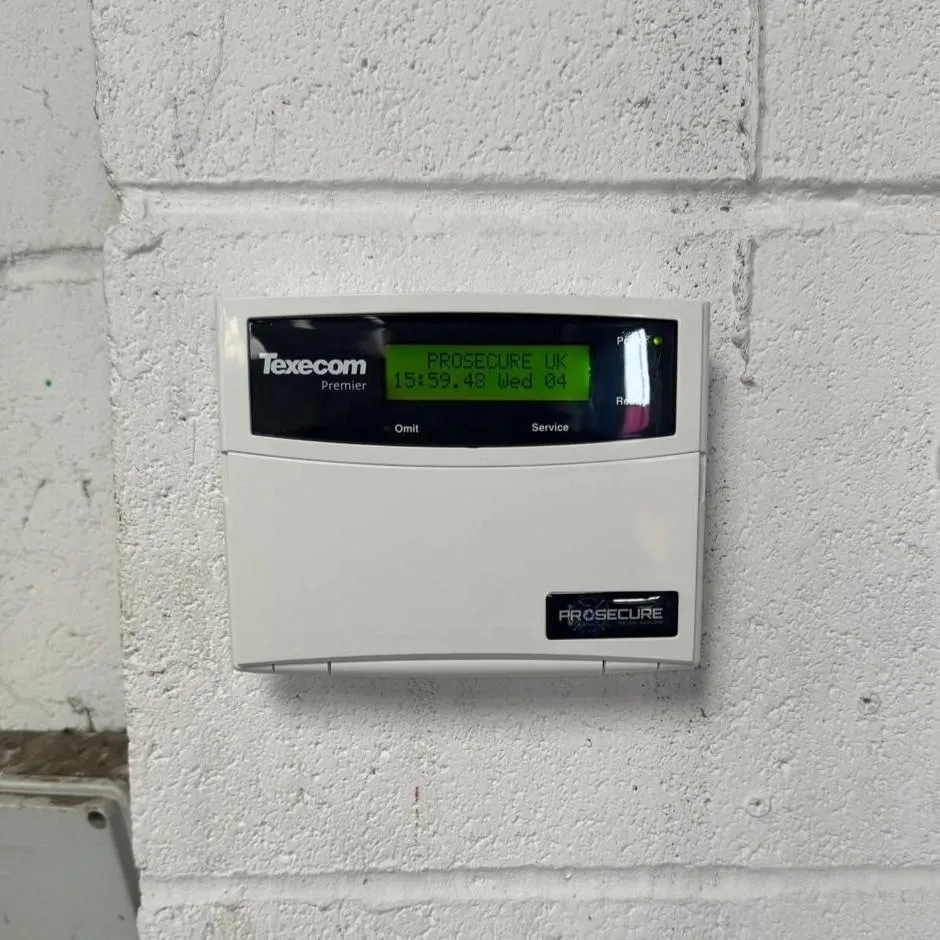Blogs
Wired vs. Wireless Intruder Alarms: Understanding the Differences and Benefits


In an era where security is paramount, choosing the right intruder alarm system for your home or business can be a daunting task. Two primary types of intruder alarms dominate the market: wired and wireless systems. Each has its unique advantages and disadvantages, making them suitable for different situations. This blog will explore the differences between these two types of systems, highlighting their effectiveness and benefits.
Wired Intruder Alarms
Wired intruder alarms consist of physical cables connecting the various components of the system, including sensors, control panels, and alarms. These systems have been around for decades and are often preferred for their reliability.
Benefits of Wired Intruder Alarms:
1. Reliability: Wired systems are less susceptible to interference from external factors like electronic devices or weather conditions. This stability ensures that the alarm functions correctly when needed most.
2. Power Supply: Because they are hardwired, wired alarms typically have a constant power supply, making them less likely to fail during a power outage. Battery backups can be included, but the reliance on electricity is a significant factor in their operation.
3. Cost-Effective: Although the initial installation costs may be higher due to the need for professional installation and cabling, wired systems often have lower maintenance and replacement costs. They are durable and can last for many years with minimal issues.
4. No Signal Interference: Wired systems do not rely on wireless signals, which means they are not vulnerable to hacking or signal jamming, providing a higher level of security.
Wireless Intruder Alarms
Wireless intruder alarms use radio frequencies to communicate between the components, eliminating the need for physical wires. They have gained popularity in recent years due to advancements in technology and ease of installation.
Benefits of Wireless Intruder Alarms:
1. Ease of Installation: Wireless systems are relatively easy to install, often requiring only a few screws and adhesive strips. This makes them an excellent choice for DIY enthusiasts or for properties where running cables would be challenging.
2. Flexibility: Wireless alarms can be easily moved or expanded. If you decide to reconfigure your space or need additional sensors, you can add them without the hassle of rewiring.
3. Aesthetics: Without the clutter of wires, wireless systems provide a cleaner look, which can be particularly appealing in modern homes or businesses.
4. Remote Access: Many wireless systems come with smart capabilities, allowing users to monitor their security systems remotely via smartphone apps. This feature adds convenience and peace of mind, as users can receive real-time alerts and control their alarms from anywhere.
Effectiveness Comparison
When comparing the effectiveness of wired and wireless intruder alarms, it’s essential to consider the specific needs of your property. Wired alarms generally offer superior reliability and lower risk of interference, making them ideal for larger properties or those in high-risk areas. However, wireless alarms provide flexibility and ease of installation, making them suitable for renters or those seeking a temporary solution.
Ultimately, the choice between wired and wireless intruder alarms depends on your preferences, property type, and security needs. Both systems have their strengths, and understanding these differences can help you make an informed decision, ensuring your home or business is well-protected against intruders. In the end, investing in a robust intruder alarm system, regardless of the type, is a crucial step in safeguarding what matters most to you








